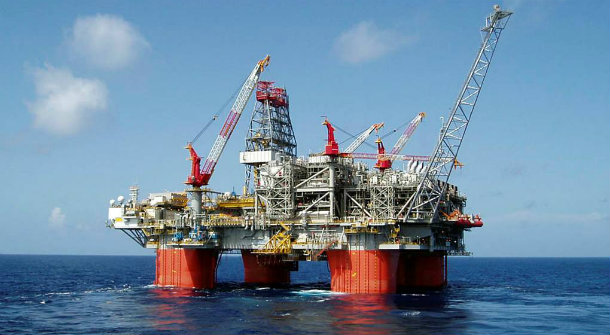By Adeyemi Adekunle
The Nigerian Upstream Petroleum Regulatory Commission (NUPRC) has announced a significant increase in the nation’s daily oil production, now averaging 1.61 million barrels per day (mbpd) as of July 23, 2024. This rise comes in the wake of Nigeria grappling with substantial crude oil theft and pipeline vandalism that have long plagued its oil industry.
Gbenga Komolafe, the Chief Executive of NUPRC, made this disclosure during the House of Representatives Special Committee’s public and investigative hearing on oil theft and losses. He emphasized the country’s efforts in combating these challenges and highlighted the strategic measures implemented to mitigate losses and ensure accurate production monitoring.
“As of July 23, 2024, Nigeria’s average daily production stands at 1.61 mbpd,” Komolafe reported. This development is particularly striking as it follows a recent report from the commission revealing that the average daily oil production for June was significantly lower at 1.25 mbpd.
Komolafe acknowledged the severe impact of crude oil theft and pipeline vandalism, particularly in the Niger Delta region, affecting major terminals such as Bonny, Brass, and Forcados. These illicit activities have drained the nation’s resources, with the Nigerian National Petroleum Company Limited (NNPC) estimating a monthly loss of $700 million due to oil theft as of September 2022.
The Nigerian Extractive Industries Transparency Initiative (NEITI) reported that from 2005 to 2021, Nigeria lost approximately 619.7 million barrels of oil, valued at N16.3 trillion, to theft.
In 2023, NNPC’s financial burden was further exacerbated by spending N136 billion on security, repairs, and maintenance of vandalized infrastructure, according to data from Dataphyte. In response to these persistent issues, the NUPRC has adopted robust monitoring strategies.
“This has prompted the commission to employ end-to-end production monitoring and a mass balance methodology to accurately account for losses and differentiate them from operational losses,” Komolafe explained. “These interventions have significantly reduced theft, with zero incidents reported in July 2023.”
Despite these efforts, the challenges in the oil sector persist, influencing other aspects of Nigeria’s energy landscape. The 650,000 barrel per day Dangote Refinery in Lagos has faced difficulties in securing sufficient domestic crude oil supplies.
This situation has compelled the refinery to explore international options, including potential crude supplies from the United States, Brazil, Libya, and Angola, in anticipation of commencing fuel supply in August 2024.
The NUPRC’s recent achievements in boosting production levels and reducing theft incidents mark a positive turn for Nigeria’s oil industry. However, the ongoing struggle with pipeline vandalism and crude oil theft underscores the need for continued vigilance and innovative solutions to safeguard the nation’s critical resources.
As Nigeria navigates these challenges, the commitment of the NUPRC and other stakeholders in the oil sector remains crucial to ensuring the stability and growth of the country’s petroleum industry.
The collaborative efforts to enhance security measures, improve monitoring techniques, and explore diversified supply chains are pivotal steps toward achieving long-term sustainability and prosperity in Nigeria’s energy sector.




